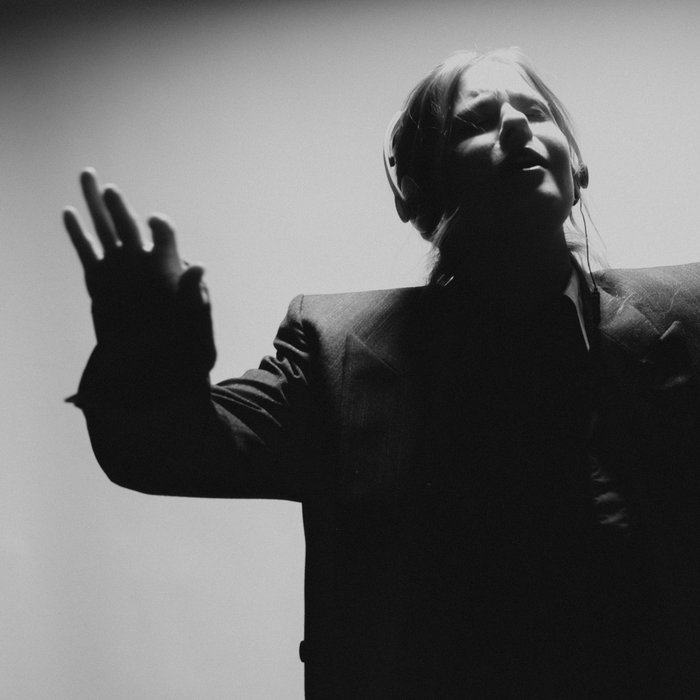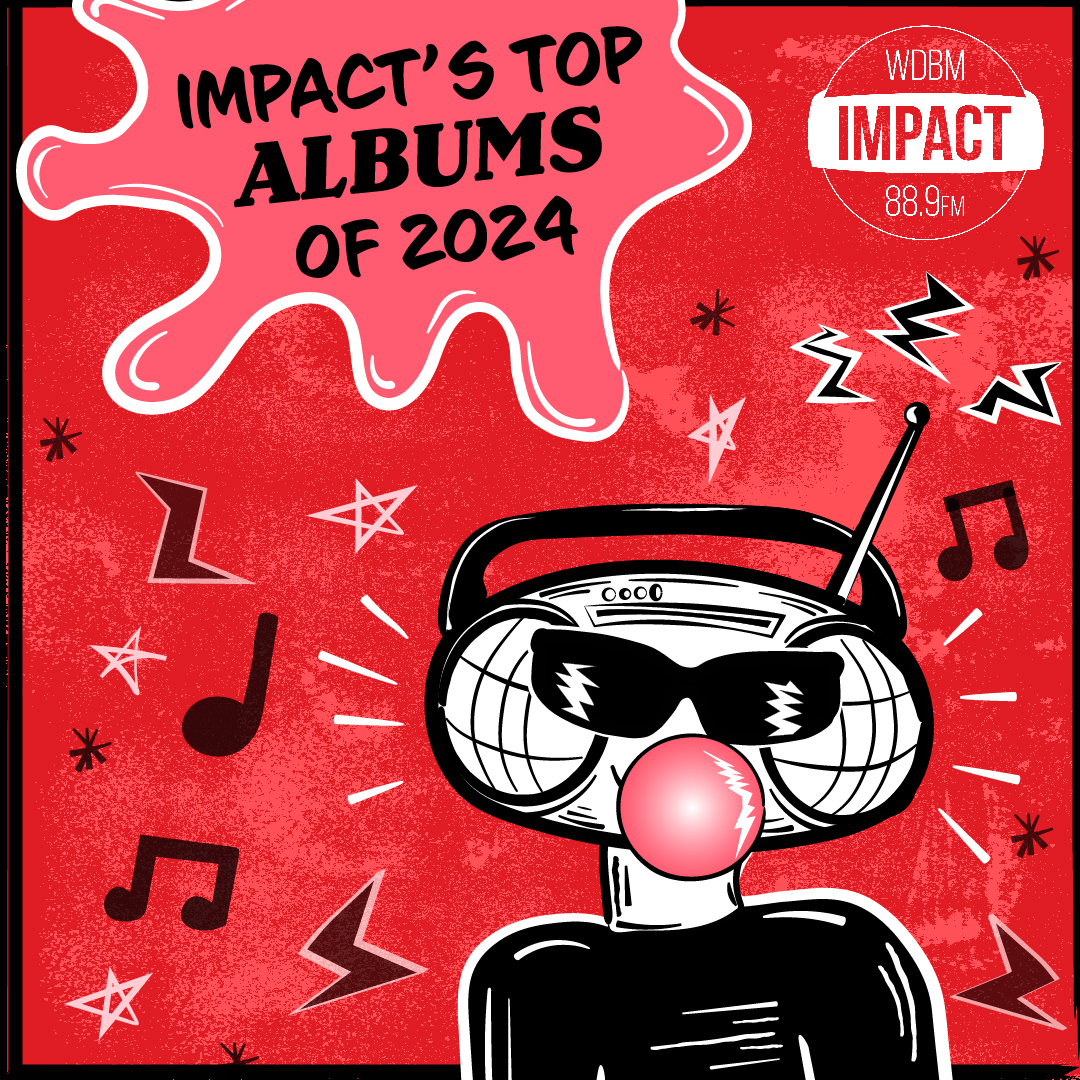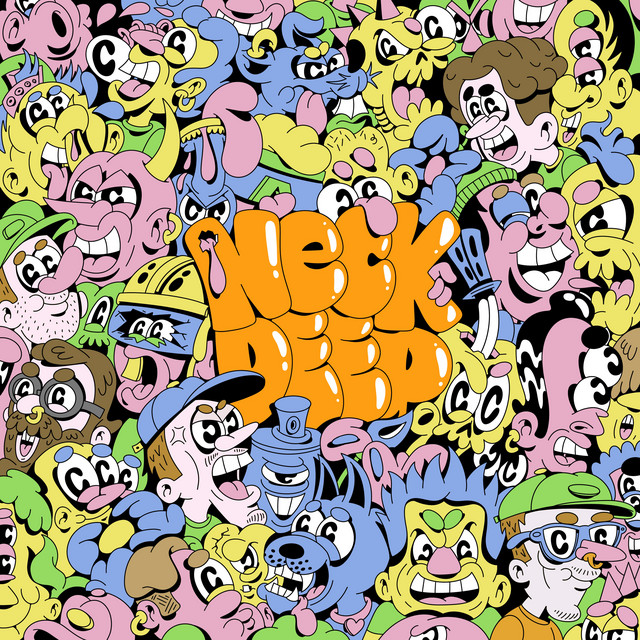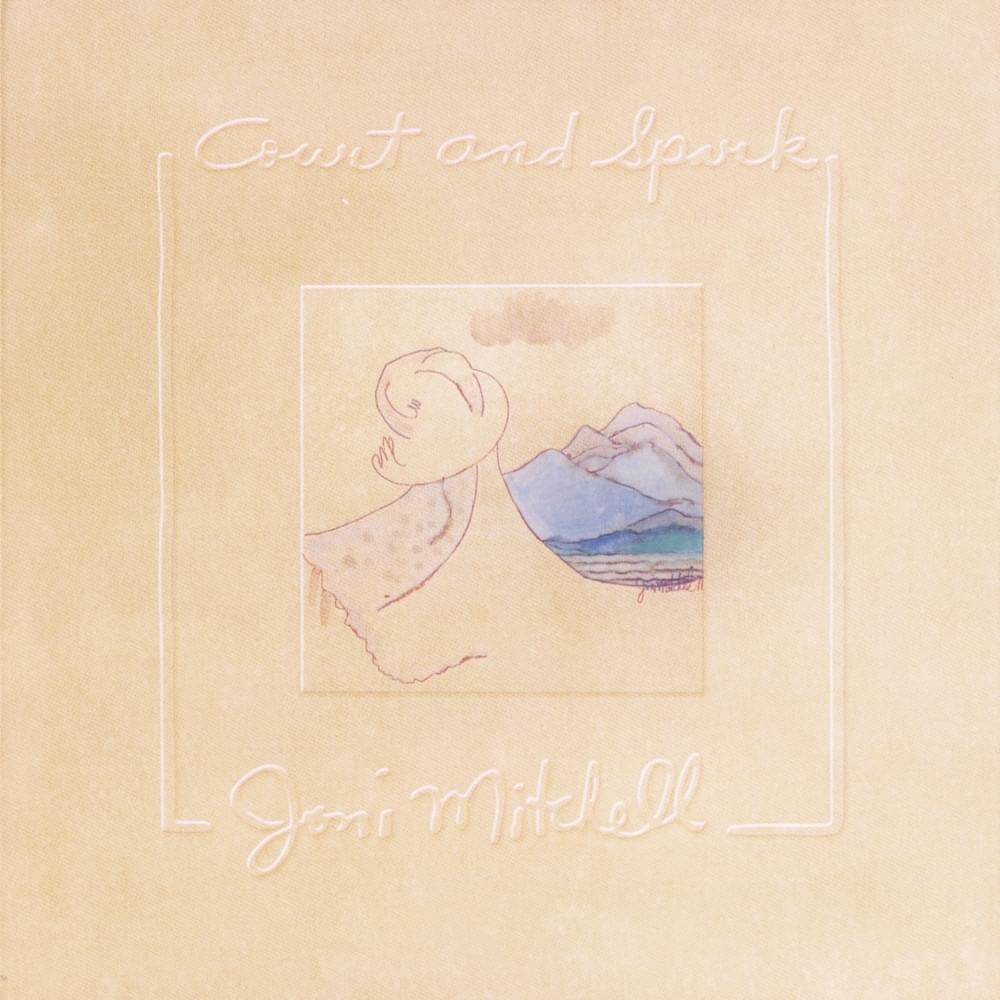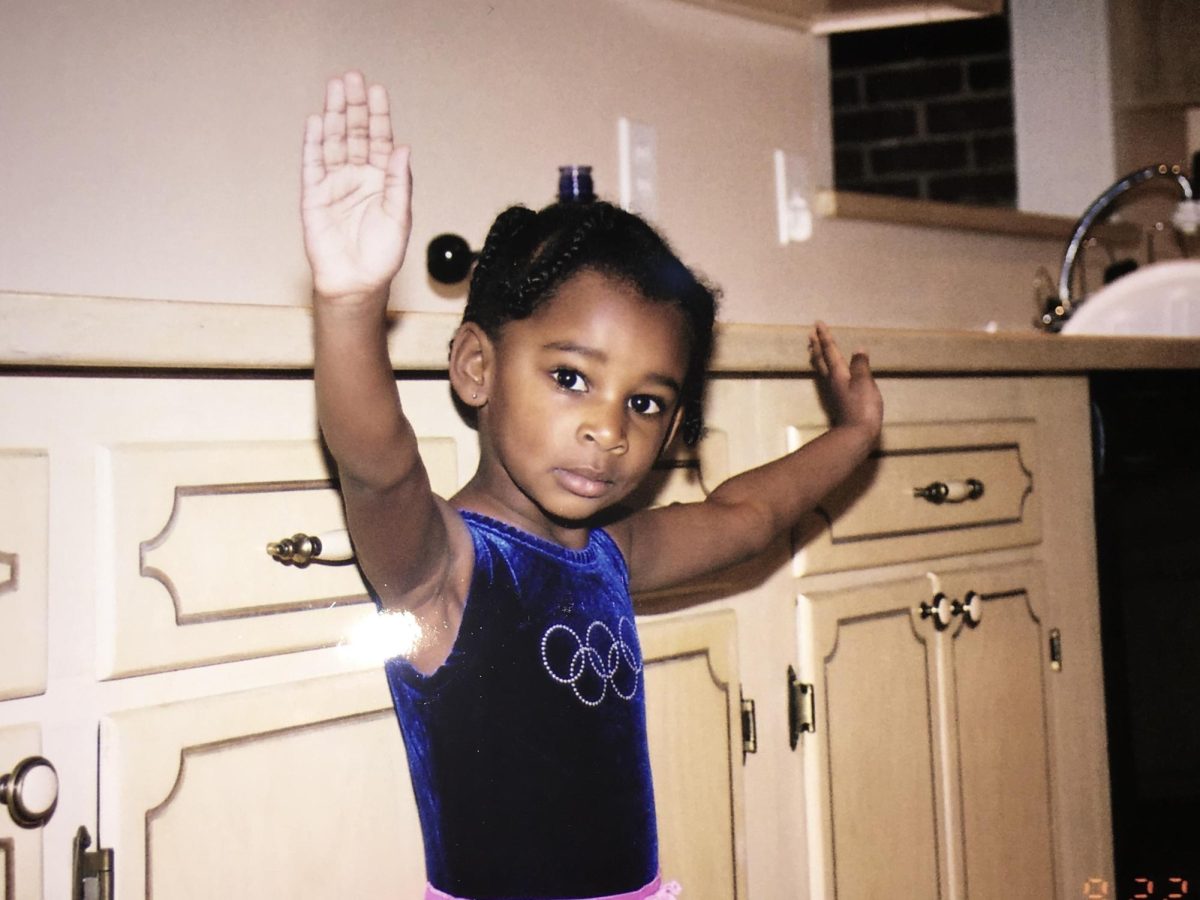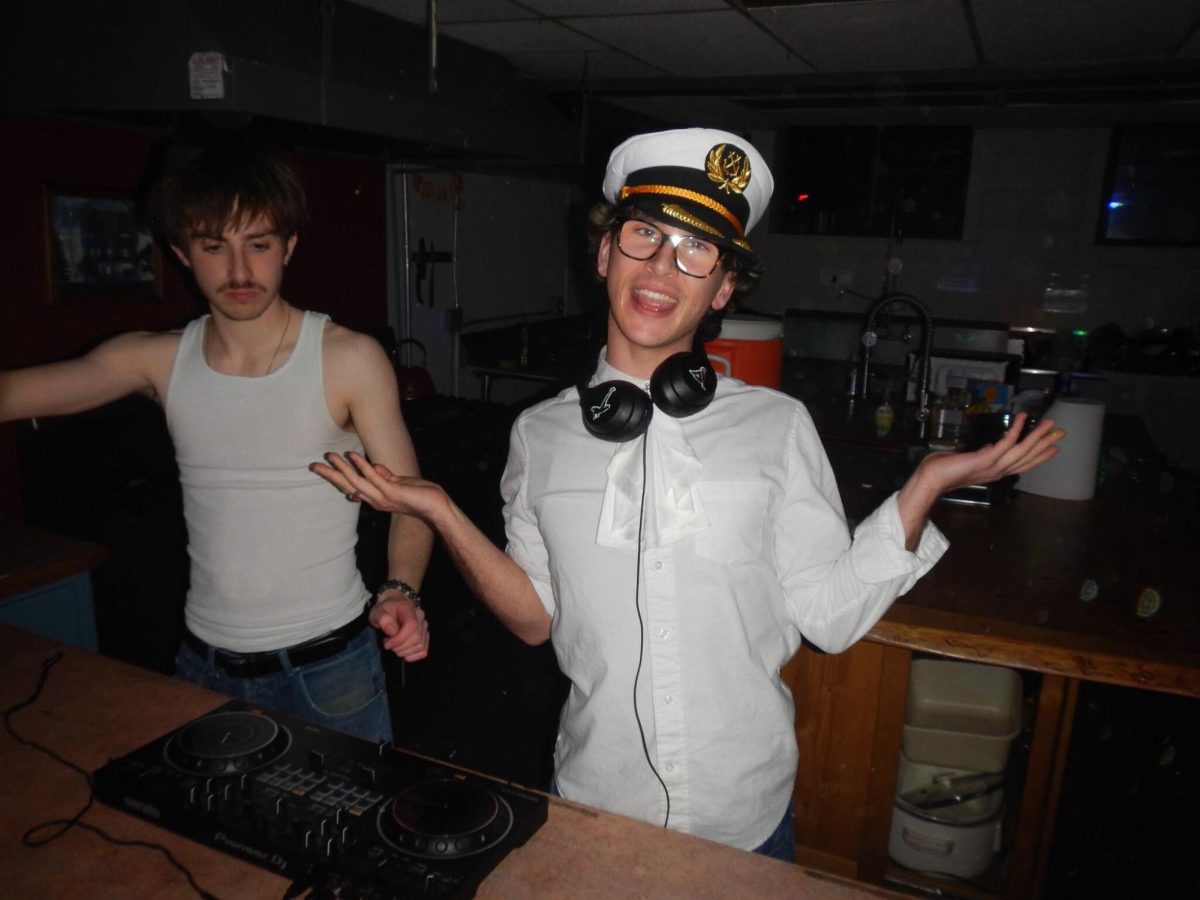I am woven, intricate and delicate. The yarn I’m strung from offers more complexity than the universe in its entirety. Narcissistic in nature, optimistic by force, the ways in which I operate consistently call my morals into question. I hide behind walls of cardboard, formed from the destructive habits I have created. However, much like cardboard, my barriers are weak and unstable. I like to say I’m an open book, but how much merit does that statement truly hold once I reflect on myself?
Am I as good as I think I am? How can I better myself as a person when I place such a high value on what others think of me? Is my life truly governed by fate, or do I construct false narratives to rectify the actions I’ve taken? In retrospect, there’s no way I can truly answer these questions. Through bouts of anxiety and doubtful tunnels of thought, I find myself at the mercy of my own perception. The ways that humans scrutinize and dissect every ounce of their being continues to boggle my mind.
The dissection of human nature is nothing new to Haley Blais. With melodicism beyond her years, Blais captures self-scrutiny wholly. While her debut album — Below the Salt — found Blais ruminating over the awkwardness of love and life itself, maturity blooms from her sophomore album. Wisecrack, released in mid-September, is nothing short of contemplative for Blais. Through tracks like “Soft spot for monarchs” and “The Cabin,” Blais continuously searches for an unattainable version of herself: one which is able to feel an abundance of optimism, love, self-certainty and more.
Since its release, the themes that Wisecrack delves into feel nothing short of relatable, let alone thought-provoking. “Soft spot for monarchs,” the first song off the album, presents Blais as the antithesis to her positive emotions:
“I’d kill to be a sensitive person /
But my heart, it beats so closely to the blade /
And if I pierce it, and I’ve come close /
I’d just pour salt into the wound /
Because I hate the sweetness /
I hate the sweetness of the blood.”
Within these lyrics, Blais admits her inability to operate in the ways she’d like because of the times she’s been hurt before. Though she wishes to experience life with a more optimistic tune, she continues to find ways to sour her perception. The amount of honesty and personability Blais pours into her work shines within her lyricism.
The third track off the album, “Coolest fucking bitch in town,” continues to depict Blais’ vulnerability. Her honesty on this track never ceases to amaze me, continuing the dissection of her behavior:
“Am I just a hypocrite /
Or is there something wrong with it /
I want my therapist to think I’m cool /
I call you from the office phone to ask you to come drive me home /
Okay, I’m just a liar, I never went.”
Directly after this admission, Blais proceeds to state that she is, in fact, “the coolest fucking bitch in town.” The rest of the song finds Blais in a state of contemplation, wondering if she truly is as good of a person as she thinks she is. Blais switches back and forth between these two sentiments, essentially unveiling a level of narcissism that may be hidden from the public eye.
But is this contradiction a bad thing? Blais is only holding up a mirror to our own inner-conflict — a sentiment felt to my core during my first listen, guiding the way I processed each song off Wisecrack afterwards. It should come as no surprise that this song is one of my favorites. With angelic acoustics backing Blais’ impeccable voice, it’s no wonder why this song is highly regarded within her discography. The sheer amount of raw emotion and vulnerability painted throughout this song is immaculate. I have to commend Haley Blais for her work on this song.
Relatability drives the rest of my experience listening to Wisecrack. In songs such as “The Cabin” and “Baby Teeth,” Blais repeatedly pours out sentiments of self-doubt and emotional wreckage:
“I don’t wanna be the smoke inside the living room /
Can we open up the patio door? /
I don’t want to be the wet inside your swimming shoes /
Can you take me out and shake me on shore?”
Blais, anxious and uneasy, continues to find ways to minimize the presence she has within her own life. The fear of becoming a nuisance compels Blais to view herself as annoying or undesirable. Once again, I deeply resonate with Blais. Though confidence beams within me today, the cardboard walls I’ve erected to hold back my insecurities are susceptible to breaking. I am a complex individual — one with desires, emotions, values and beliefs — too complex to be defined by a first-person perspective. How can I be the sole judge of who I am when so many factors play into the making of me? Each individual experiences life in ways that differ vastly from the rest. Wisecrack helps to break down this complexity.
The final song, “Beginner’s guide to birdwatching,” acts as a moment of forgiveness handed to Blais. Though it’s never explicitly mentioned, the lyrics within the song seems to view Blais in a gentler light — one which she never experienced in the album up until this point:
“Just trying to do the best I can /
Still on my parents’ cell phone plan /
You’re outside on our favorite street /
Beginner’s guide to birdwatching. /
One minute, she wasn’t there /
And then the next minute, there she was.”
Wisecrack is a journey of self-understanding. Negative emotions such as regret and doubt only aid in the process. Blais, though the maker of her worst self, is also the judge of her own happiness. Blais is complex; we are complex. It isn’t fair to ourselves to self-scrutinize to the point of self-destruction because there isn’t one correct way to do anything. Life is unique and beautiful. Though the glass may look half-empty right now, perspective is the catalyst to a happier life.
Blais’ sophomore album, Wisecrack, is a work of art. Never have I listened to something so profound, yet comforting in its tonality. I recommend this album to anyone who stumbles across it. To those who feel stuck in their emotions, know that you’re not alone. Life gets better, and I can promise you that.



